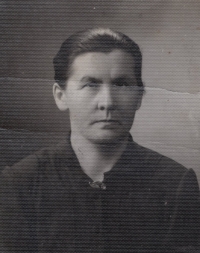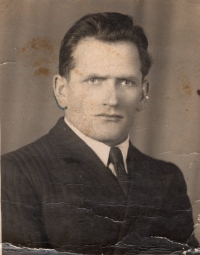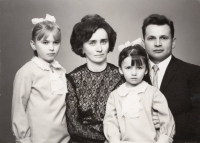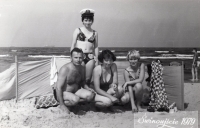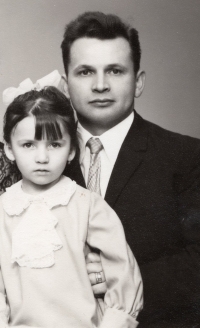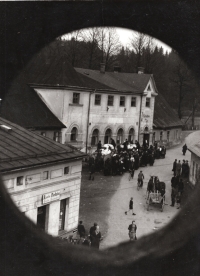As a child, he had to stand for two hours on the appelplatz in the Polenlager
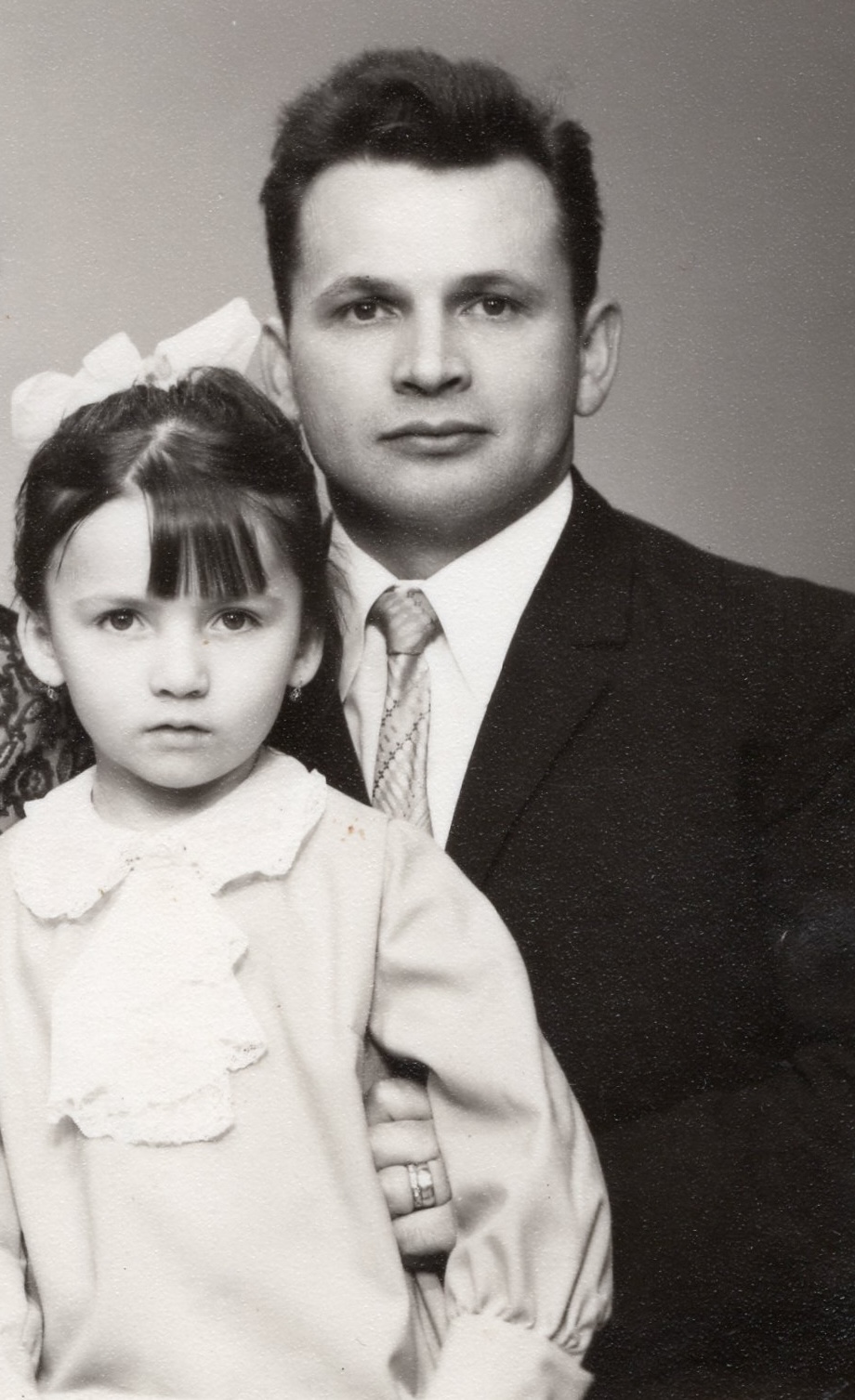
Stáhnout obrázek
Adam Kantor was born on 2 October 1934 in Písek, Jablunkov region, into the family of Adam Kantor, a carpenter, and his wife Eva, née Kadlubcová. Shortly after his birth, the family moved to Návsí, where they had a small farm. Until the beginning of the Second World War, he had a very happy childhood. This changed the moment his father did not accept the Volkslist, the family retained their Polish nationality. In 1941 the father of the witness was sent to forced labour in Heydebreck. In April 1942, as Poles, the Kantors were expelled from their home as part of a German resettlement action. The memorialist and his mother were taken to the so-called Polenlagr No. 40 in Fryštát. Although the camp was not an extermination camp, the people there had to face harsh treatment. The worst was the fact that none of the internees had information about the amount of punishment or the cause of the offence. In June 1942, Adam Kantor and his mother were allowed to visit his father at the forced labour camp, but they had to return to Fryštát. They were finally released in January 1943. Their grandmother in Písek accomodated them until the end of the war. After the liberation, they were able to return to their house in Návsí, which was, however, rebuilt for the needs of farm stores. In 1949, his father had a fatal accident in the Třinec Ironworks. Adam Kantor was trained at the vocational school at Třinec Ironworks, where he worked as the head of the foundry team. He retired in 1992. He still remembers the hardships and injustice of the Nazi occupation. At the time of filming in 2024, he was living with his wife in Milíkov.
